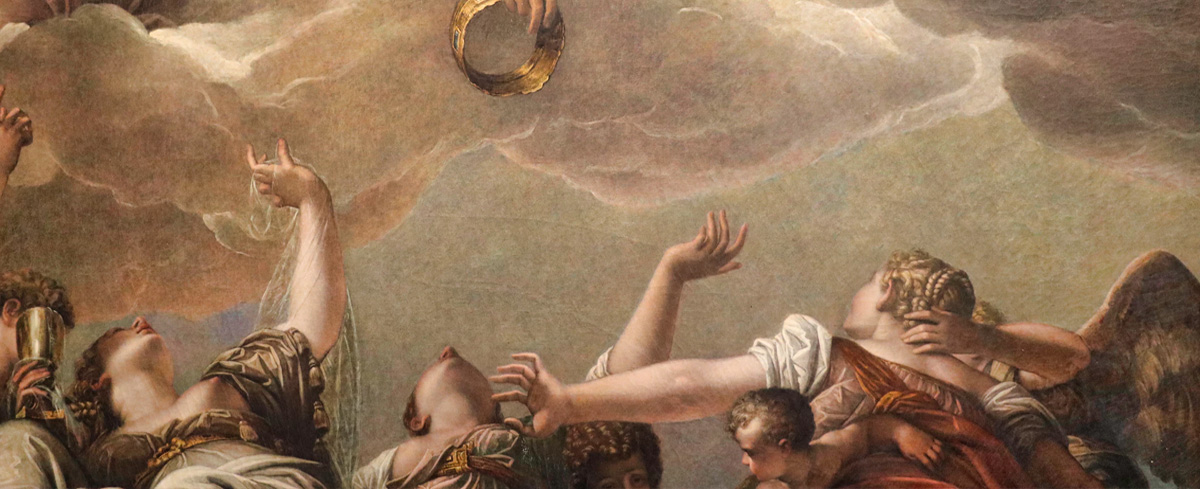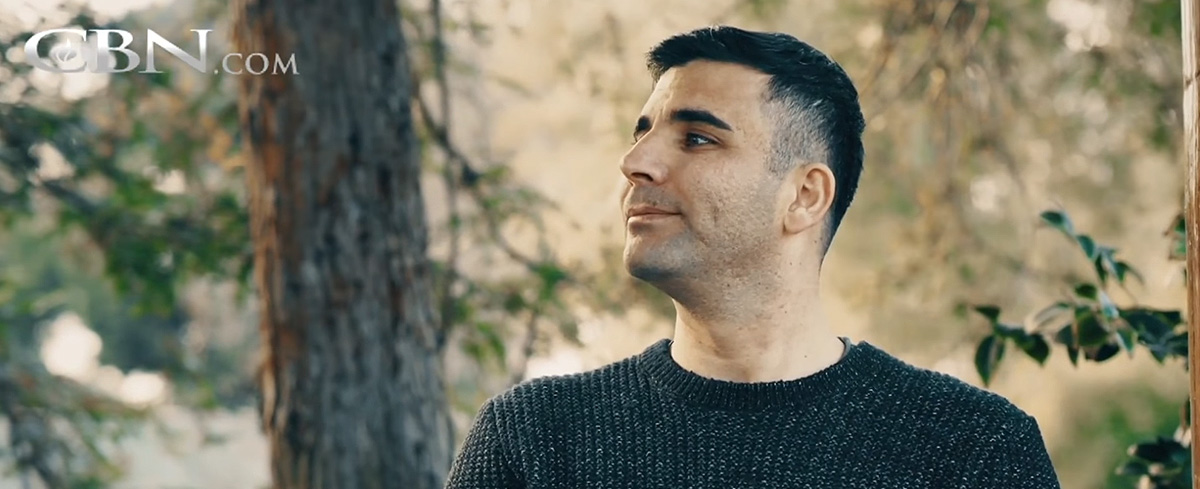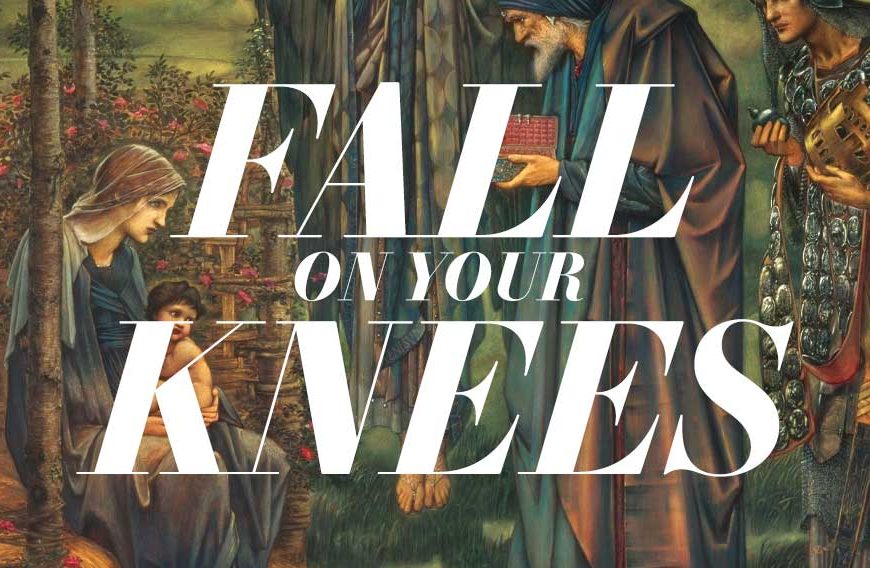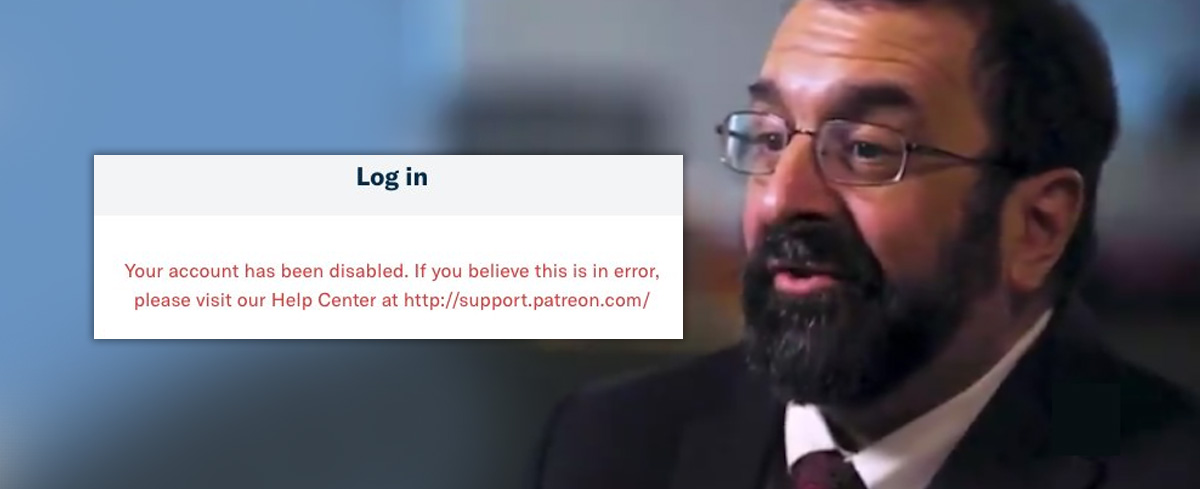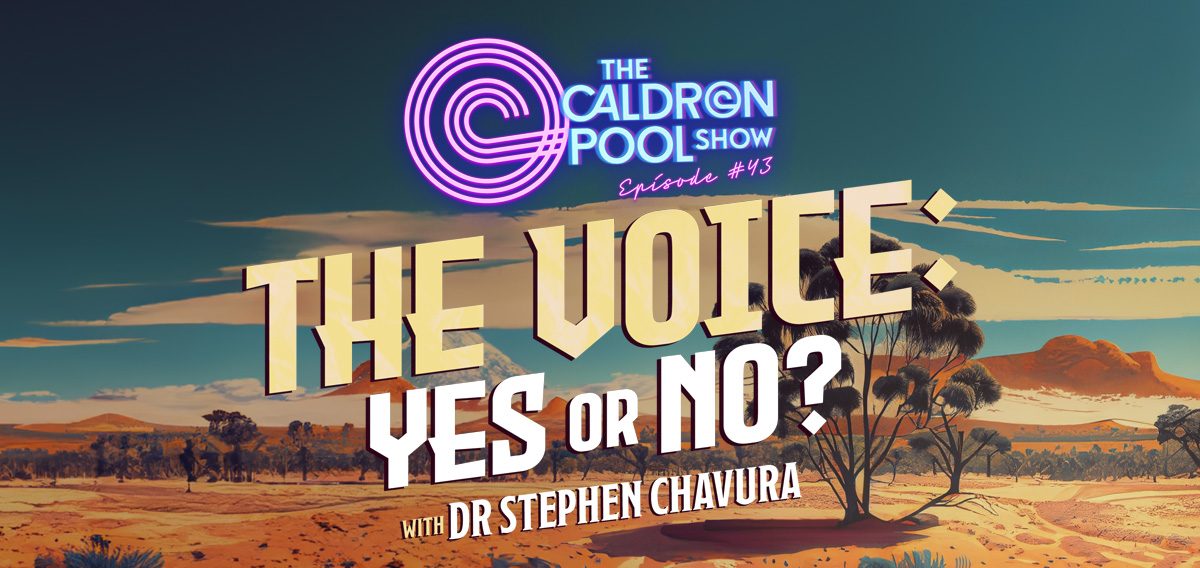Every religion outside of Christianity basically says the same thing: You must do such-and-such in order to earn your way to “heaven.” Where they differ is in what things you ought to do in order to earn your way to that promised eternal bliss.
The idea that we can earn our way to heaven is as common to mankind as pride. And it’s tied to pride because it’s the refusal to acknowledge the fact that we have already failed the test.
In the Garden of Eden, God told Adam if he ate of the forbidden fruit he would die (Genesis 2:15-17). What’s implied here is that if he did not eat Adam would live, and live forever. But since our first parents ate of the tree, since their expulsion from the presence of God, human beings have refused to accept the full extent of the fall and the consequences that follow.
This is a fact made clear by the prevalence of religions that claim you can still earn your place in heaven. Often we convince ourselves that we were never really expelled from God’s presence in the first place. We think we’re still living in the Garden, still living by God’s law so that if we do this thing and not that thing, we will live forever.
But in reality, we’re not in the Garden anymore. The evil that confronts us every day is proof of that. That’s why a religion based on earning your way to heaven is fundamentally flawed from the outset.
There’s nothing we can do to earn our way to God if we’ve already failed to meet the criteria. What we need to come to terms with is the fact that we are outside of the Garden already. And there’s nothing we can do to earn our place back.
That’s why Christians talk so much about the “good news” of God’s grace. Grace is unmerited favour. In other words, it’s unearned goodness. Goodness that’s not based on what we’ve done or what we haven’t done. It’s based entirely on what God has done for us.
John MacArthur said, “There are basically only two kinds of religions in the world: those based on human achievement and those based on divine accomplishment. One says you can earn your way to heaven; the other says you must trust in Jesus Christ alone.”
When Jesus came to earth, he lived the perfect life that we’ve failed to live. When Jesus died on the cross, he died the death that we deserve to die because we have failed to live how we ought. When Jesus rose from the dead, he proved he–and he alone–has the power to undo death.
In the end, we’ll all follow somebody to the grave. How foolish would we be if we refused to follow the only one to have broken free and instead follow that multitude foolishly convinced they can earn their way back from the dead.


